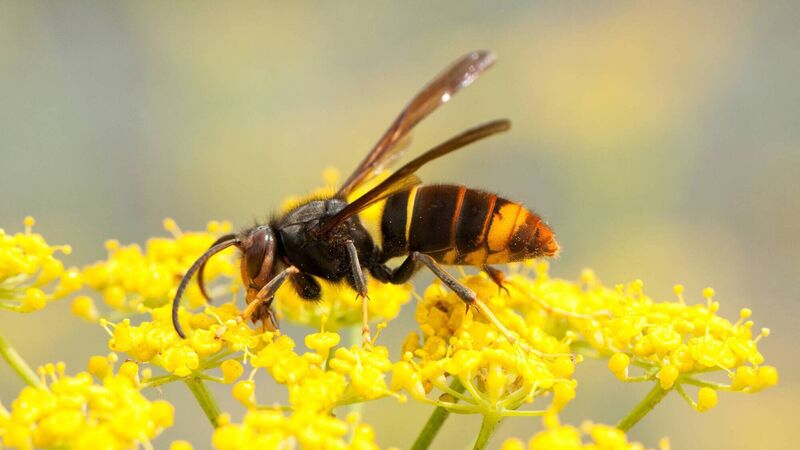Bee-eating hornets are just the start of the alien invasions

The Asian hornet can eat as many as 50 honey bees a day.
Last month, something ominous was spotted in Ash, a quaint, peaceful village in south east England — an Asian hornet, also known as the yellow-legged hornet. These predatory insects, with a voracious appetite for honeybees, are indigenous to southeast Asia. Elsewhere, they’re categorised as an invasive alien species.
The Asian hornet is just one of several non-native species — meaning an animal or plant introduced through human activity with the ability to spread and cause damage to the environment, economy or human health — that could have huge economic consequences.
CLIMATE & SUSTAINABILITY HUB
















